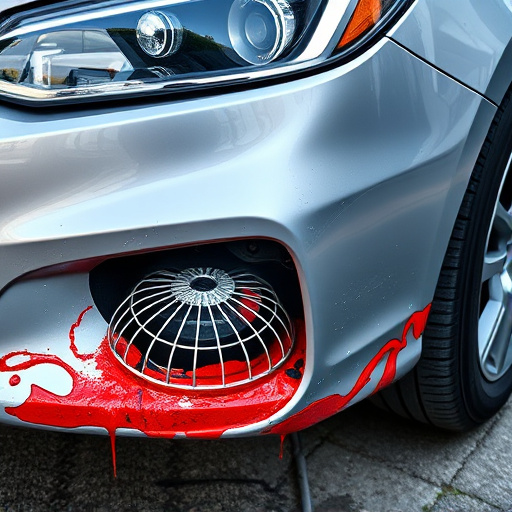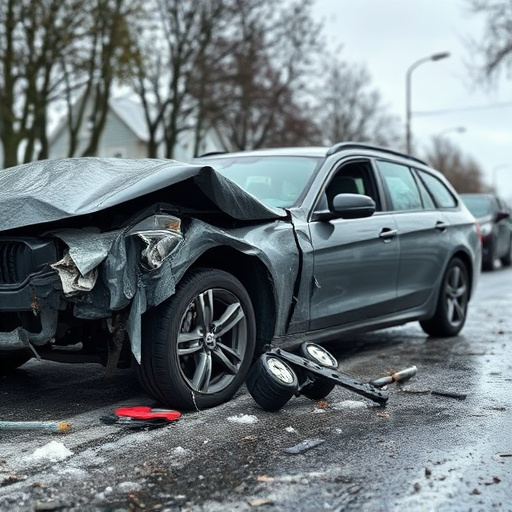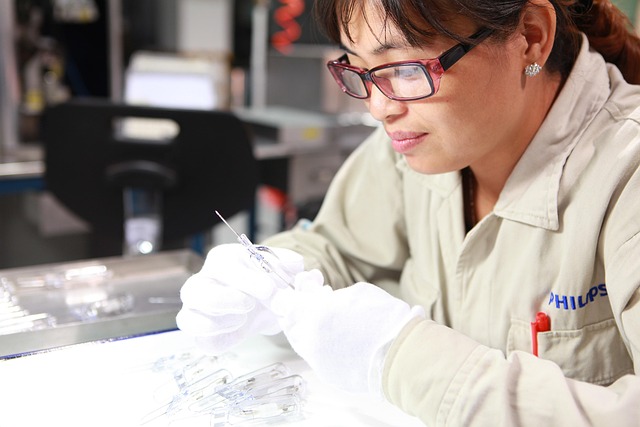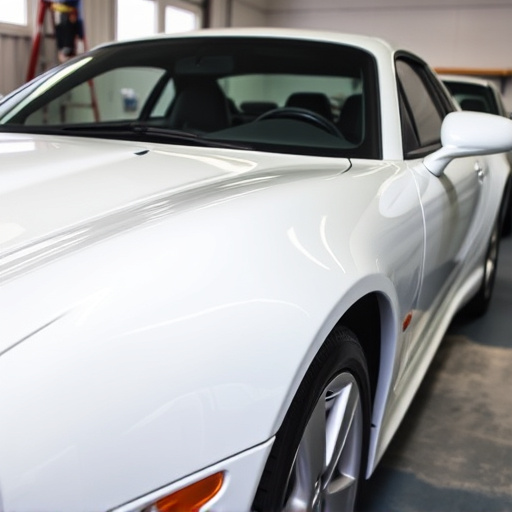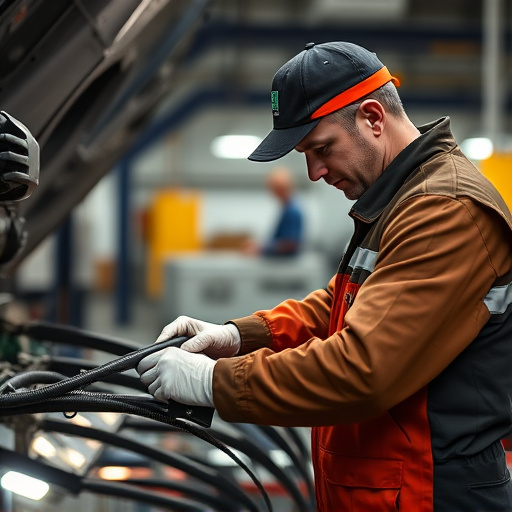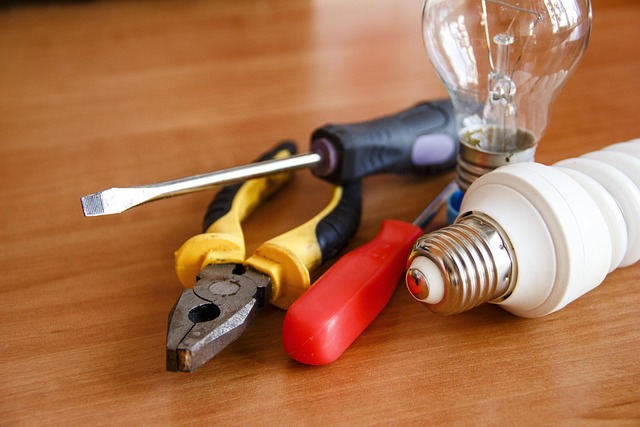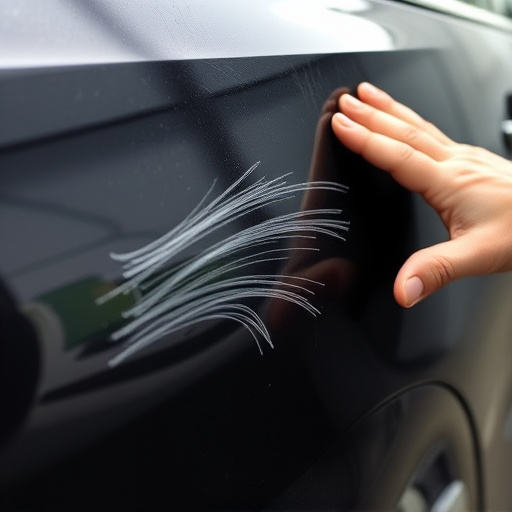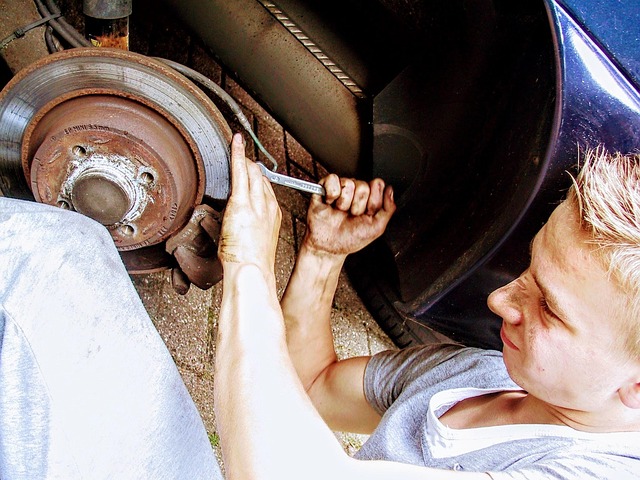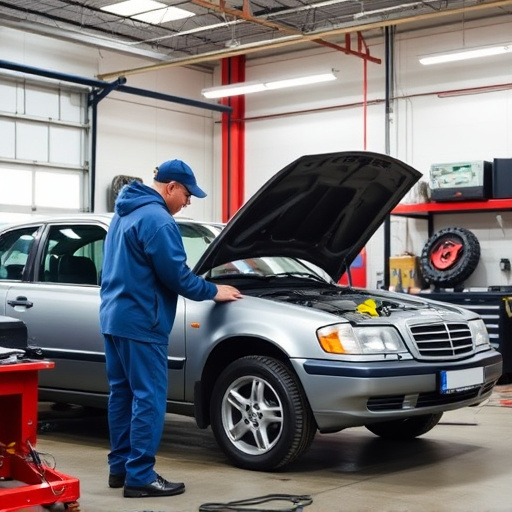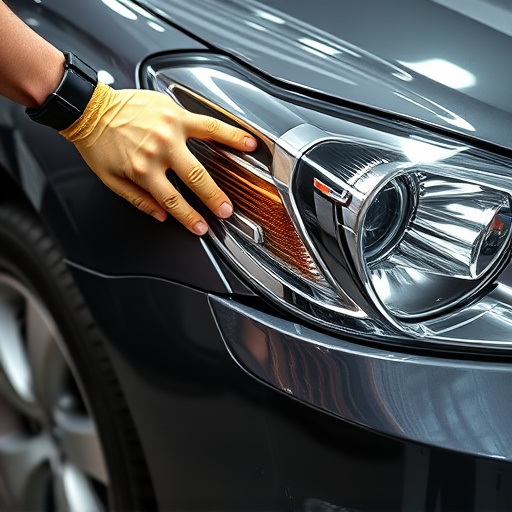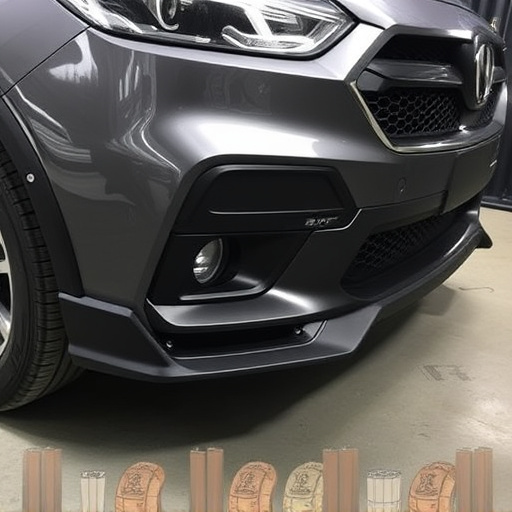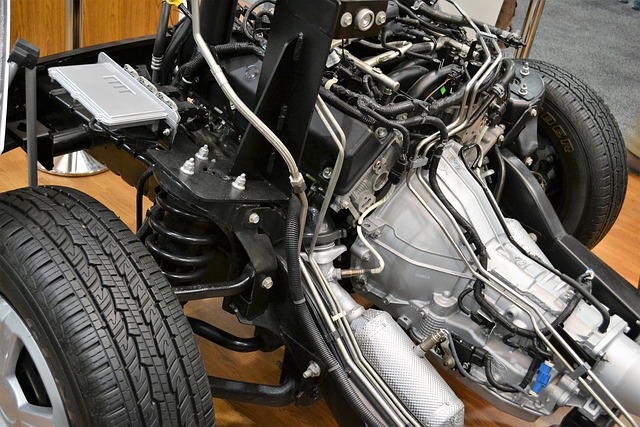A radiator replacement accident goes beyond a damaged component, significantly impacting vehicle safety ratings due to its role in temperature management and structural integrity. Proper installation requires precise alignment and connections to cooling systems, including auto glass repair, for optimal performance. Skilled technicians are vital to maintain safety standards, ensuring the vehicle's overall resilience. Safety ratings, crucial guides for modern buyers, reflect crash-test results and advanced features; even minor radiator issues can affect these ratings. Regular maintenance, meticulous replacement processes, and prompt inspections prevent structural damage and ensure passenger safety during collisions, fostering a culture of proactive vehicle care.
Radiator replacement accidents often go unnoticed, yet they significantly impact vehicle safety ratings. This article delves into the understanding of radiator replacements and their unforeseen consequences on car safety. We explore how these seemingly routine repairs can affect vehicle stability and performance, leading to altered safety assessments. Through case studies, we highlight real-world examples demonstrating why prioritizing radiator maintenance is crucial for consumer safety and vehicle reliability.
- Understanding Radiator Replacement and Its Impact on Vehicle Safety
- The Role of Safety Ratings in Car Maintenance and Repairs
- Case Studies: How Radiator Accidents Affect Safety Ratings and Why It Matters
Understanding Radiator Replacement and Its Impact on Vehicle Safety
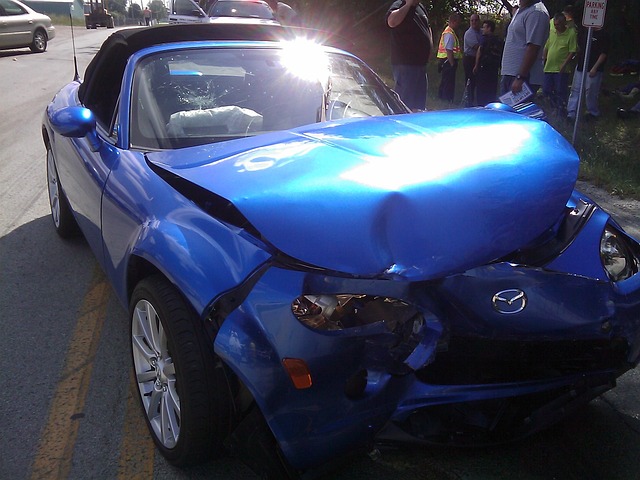
A radiator replacement accident isn’t just about a damaged component; it has profound implications for vehicle safety ratings. The radiator, located at the front of most cars, plays a critical role in managing engine temperature. In a collision, its integrity is vital to prevent fluid leaks that could cause secondary hazards like fire or compromised structural integrity through corroded or punctured car bodywork. A failed radiator replacement can expose these vulnerabilities, impacting not just the car’s performance but also its safety.
Moreover, proper installation of a new radiator involves more than just fitting a new part; it requires precise alignment and connection to cooling systems, including auto glass repair in some models where windshields are integrated into the cooling process. Skilled technicians undertake this task, ensuring optimal airflow and efficient temperature regulation—essential elements for maintaining safety standards, especially during high-speed driving or extreme weather conditions. Effective radiator replacement thus contributes to a vehicle’s overall resilience, reinforcing its safety ratings.
The Role of Safety Ratings in Car Maintenance and Repairs
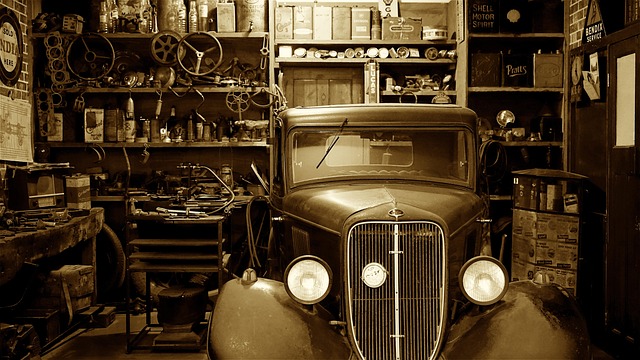
Safety ratings are a cornerstone of modern vehicle ownership, guiding buyers on the level of protection they can expect in case of an accident. These ratings, often displayed prominently on car models, are the result of rigorous testing conducted by independent bodies. They consider various factors, from crash-test results to advanced safety features, offering consumers peace of mind and a clear understanding of their vehicle’s resilience.
In the context of a radiator replacement accident, these ratings become even more critical. A seemingly minor issue like a damaged radiator can lead to significant safety concerns if not handled properly. Proper auto body work, including bumper repair or even auto body restoration in severe cases, is essential to maintain the structural integrity and overall safety rating of the vehicle.
Case Studies: How Radiator Accidents Affect Safety Ratings and Why It Matters

Radiator replacement accidents can significantly impact a vehicle’s safety ratings, revealing crucial insights into potential hazards and the importance of regular maintenance. Case studies from various auto body shops and car damage repair centers highlight that even seemingly minor radiator issues can escalate into serious safety concerns during a collision. For instance, a study by a leading auto painting service revealed that an improperly installed or damaged radiator could compromise structural integrity, affecting the overall crash performance of a vehicle.
These incidents underscore the need for meticulous replacement processes and prompt inspections. Auto body shops specializing in car damage repair emphasize that regular checks and timely replacements can prevent not just physical car damage but also ensure passenger safety. By understanding these relationships, consumers can better appreciate the critical role of maintaining key components like radiators, fostering a culture of proactive vehicle care within the automotive industry.
A radiator replacement accident can significantly impact a vehicle’s safety ratings, highlighting the crucial role of proper maintenance. By understanding the potential consequences of such incidents, car owners and mechanics alike can ensure that repairs are performed meticulously, adhering to safety standards. This not only enhances vehicle safety but also underscores the importance of regular checks and well-informed decisions in maintaining optimal driving conditions.

